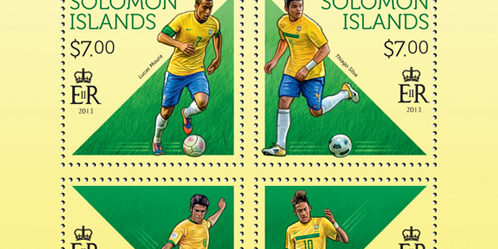Fashion frequently compliments itself for being at the forefront of humanism: about the future, globalist, breaking down barriers, giving voice to all, etc.. Lacan argues the opposite: fashion is about repetition, an aggressive return to earliest human experience (Ecrits, p. 85). The self is a field of conflict, an internal social contest between a fragmented body and its ideal, “pulled-together,” triumphant counter image (p. 91-92). Fashion is but a refined practice of emasculation, mutilation, circumcision, and tattooing that aggressively affirms and subverts this ideal image.
Contrary, also, to fashion’s self-understanding is the recent turn to tribalism. I comment on H&M’s latest venture in tribalism here (http://www.ethicsoffashion.com/hms-darwinian-label-nyden/) and another sort of tribalism might be the trend towards modesty (https://www.theguardian.com/fashion/2017/sep/13/the-great-cover-up-why-were-all-dressing-modestly-now). Calum Gordon offers fashion’s new love affair with footie as yet another case (https://garage.vice.com/en_us/article/a34nx4/soccer-fashion-versace-burberry). Gordon argues that adopting footballing motifs is a way for brands to engage the visceral emotions explored through football tribalism.
Some leftist commentators like to point to football’s origins in industrial cities and suggest that its team ethos speaks to its place as the ludic form of socialism (see Simon Critchley’s What We Think about When We Think about Soccer). If socialism is part of an humanitarian, internationalist ethic — and I think it is — then footie is not now, nor ever was, about socialism. Huizinga is surely far closer to the mark when noting the elementary breaking into phratria that games induce, and which Calum Gordon picks up on.
Modern football is a good approximation to Pope Benedict’s theory of justice (Chapter 3 V&R). Its tribalism is an example of solidarity and subsidiarity. Clubs benefit from, and encourage, this tribalism but also seek to moderate it by participating in governing bodies which honour the game itself, foster international competition, and the ideals of sportsmanship. This distributive justice balances the tribalism, as does the commutative justice prevalent in today’s game. These days top players are highly paid international superstars who relate to their clubs not through tribal loyalty but contracts and they are quick to shift cities and countries to grow their incomes and care for their families. Community and contract is a nice balance.
Chapel at the Nou Camp, home of Barcelona.







